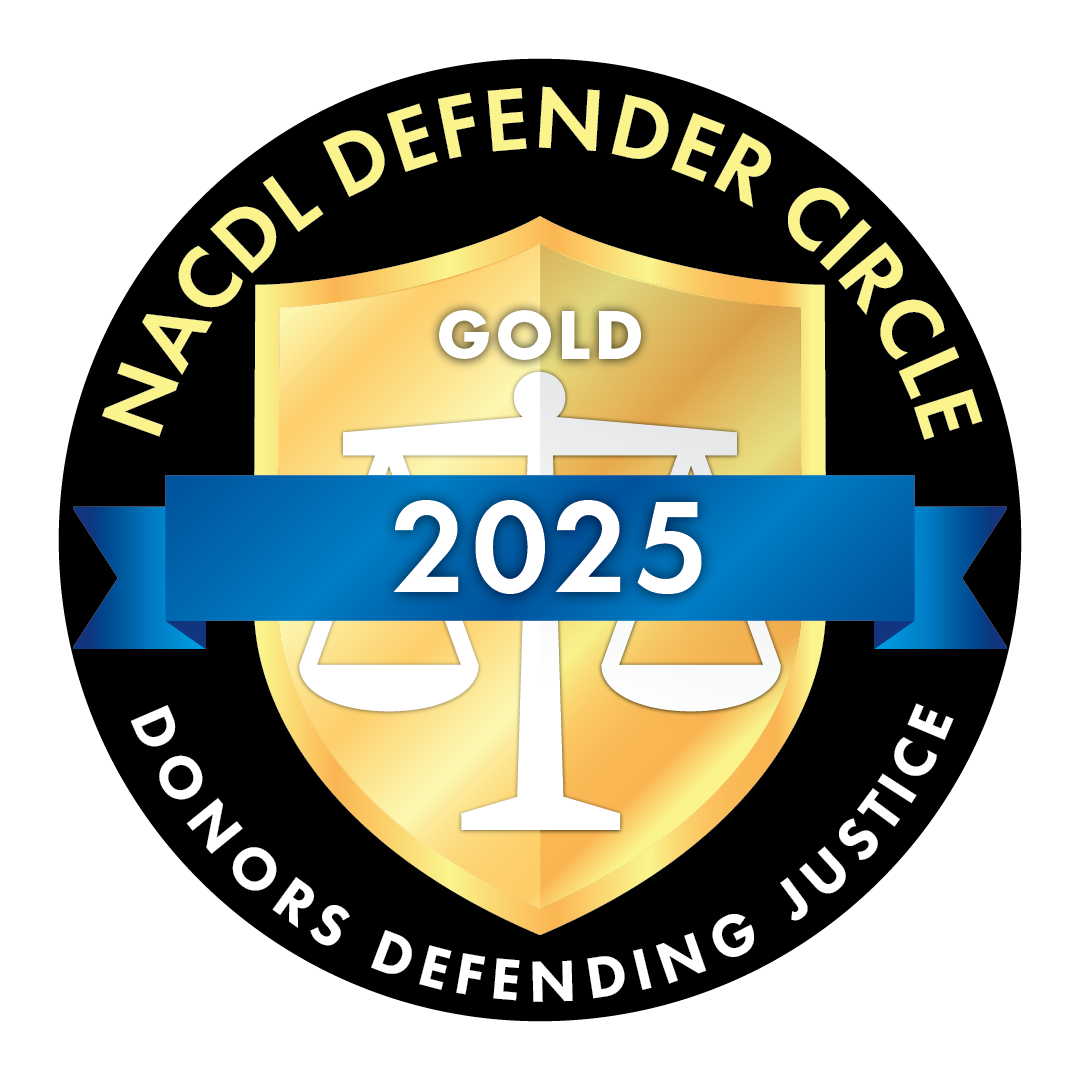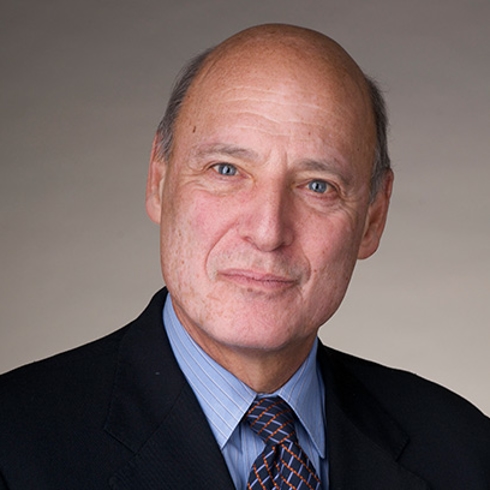Prominent and Insightful Criminal
& Appeals Attorneys
Protecting Your Constitutional Rights for Decades









If you’re facing a criminal investigation or prosecution, having an experienced attorney on your side is important. Martin G. Weinberg has been chief trial and appellate counsel in hundreds of major federal and state criminal cases for decades. He is the lawyer of choice for industry leaders, including prominent trial attorneys, public officials, union leaders, corporate executives, health care executives, and internet pioneers. He has defended his clients on charges ranging from healthcare fraud, money laundering, tax evasion, political corruption, securities fraud, insider trading, mail, wire and bank fraud, to RICO, international and internet gambling, internet sex offenses, computer theft, and murder.
A former director of the National Association of Criminal Defense Lawyers and a current co-chair of NACDL’s Lawyers’ Assistance Strike Force, Martin G. Weinberg is consistently ranked among the nation’s best litigators and appellate advocates by the legal community. He has been repeatedly recognized for his accomplishments as a trial and appellate attorney, educator, and legal expert. He has represented accused defendants in over twenty federal district courts, eight U.S. Courts of Appeals, and in the U.S. Supreme Court, where he successfully argued the landmark Fourth Amendment case of United States v. Chadwick. Martin G. Weinberg was awarded the Lifetime Achievement Award by the National Association of Criminal Defense Lawyers in 2022, an honor conferred on one attorney a year for preeminence as a criminal defense attorney.
Often, when people are facing criminal accusations, they may feel that their situation is helpless. At Martin G. Weinberg, Attorney at Law, we firmly believe in the presumption of innocence and know that every story has two sides. We take the time to listen to our clients and learn not only about their circumstances but also about them as an individual. Thorough preparation is key to effectively challenging criminal allegations, and the moment you retain our legal services, we will begin analyzing every detail of your case and developing a solid legal strategy to fight your charges. Throughout our years of experience, we have handled hundreds of complex cases, including healthcare fraud, money laundering, RICO, tax evasion, political corruption, mail and wire fraud, bank fraud, and more. No matter the charges you’re facing, you can trust that we will work tirelessly on your behalf to seek a favorable outcome in your case.
“Martin G. Weinberg is one of the deans of the defense bar.” – David Frank, Managing Editor, Massachusetts Lawyers Weekly
“The extension of the Fourth Amendment to emails is a groundbreaking opinion that is of pivotal importance in terms of protecting privacy in the Internet Age.” – Weinberg quoted by AP following Warshak decision in which Sixth Circuit Court of Appeals
“2022 Recipient of the Lifetime Achievement Award, NACDL”
To learn more about your legal options and how our skilled and knowledgeable Boston federal defense lawyer can help you, call us at 617–227-3700 or contact us online.
When the government pursues a criminal case, the burden rests on them to prove beyond a reasonable doubt that the defendant is guilty. This requires collecting and presenting evidence; however, not all evidence the prosecutor has is strong, and in some instances, it might have been unlawfully detained.
In a recent book, “Unacceptable: Privilege, Deceit & the Making of the College Admissions Scandal Hardcover”, by Melissa Korn and Jennifer Levitz, Attorney Martin Weinberg is described as, “one of the most well-respected trial lawyers in Boston. Weinberg had done solely defense since graduating from Havard Law almost fifty years earlier. Known as fiercely intelligent, he tackled tough white-collar and criminal cases, from political corruption to murder.“
At Martin G. Weinberg, Attorney at Law, when we take on a case, we are diligent and detailed-oriented, examining every bit of evidence and thoroughly reviewing the manner in which it was obtained. If any injustices occurred during the process, we are not afraid to challenge the government and work toward rectifying constitutional violations. Our Boston federal defense lawyer will develop a unique legal strategy for your case.

Marty is a lawyer’s lawyer – an unparalleled legal technician with a philosopher’s vision. Marty sees the nuances in the shadows in the edges of the furthest reaches of the law and brings it all back to first principles and fundamental values.
Some lawyers have been gifted with extraordinary intellects, others prodigious trial skills, and still others a relentless work ethic. Marty has the rare combination of all three, and that is what truly sets him apart within the defense bar.
Marty is the go-to lawyer for those with complex legal and trial issues – there is no one better. Most importantly, he is an all-around terrific person.
Whether it was his surgical cross-examination of co-defendant-turned cooperating-witness Joseph Lally or his home run closing argument, the Boston lawyer established that the evidence against Vitale simply was not there.
God forbid I ever have a problem, he’d be my lawyer.
Fill out the contact form or call us at 617-227-3700 to schedule your free consultation.



